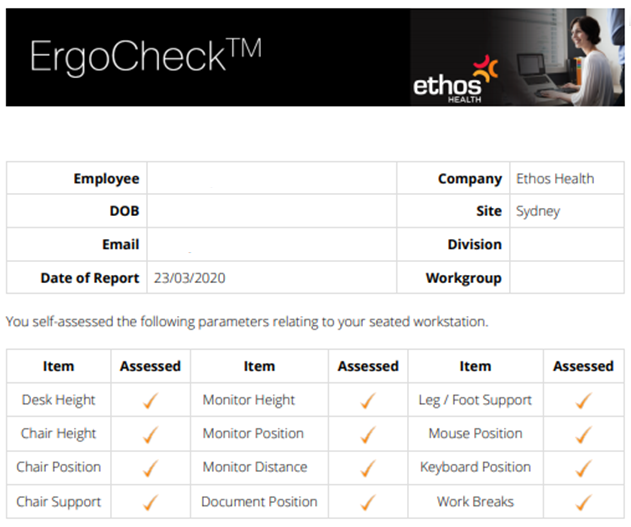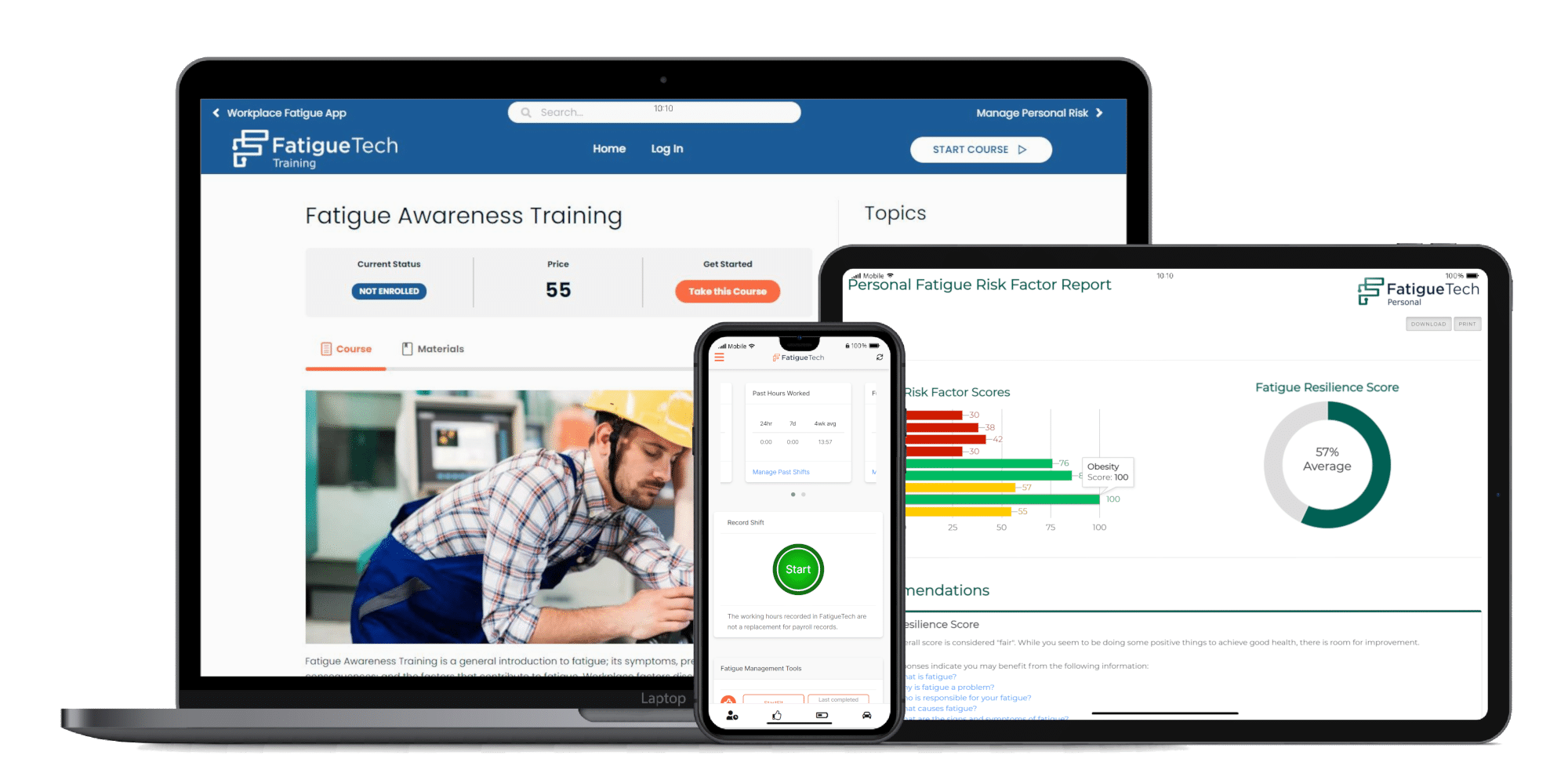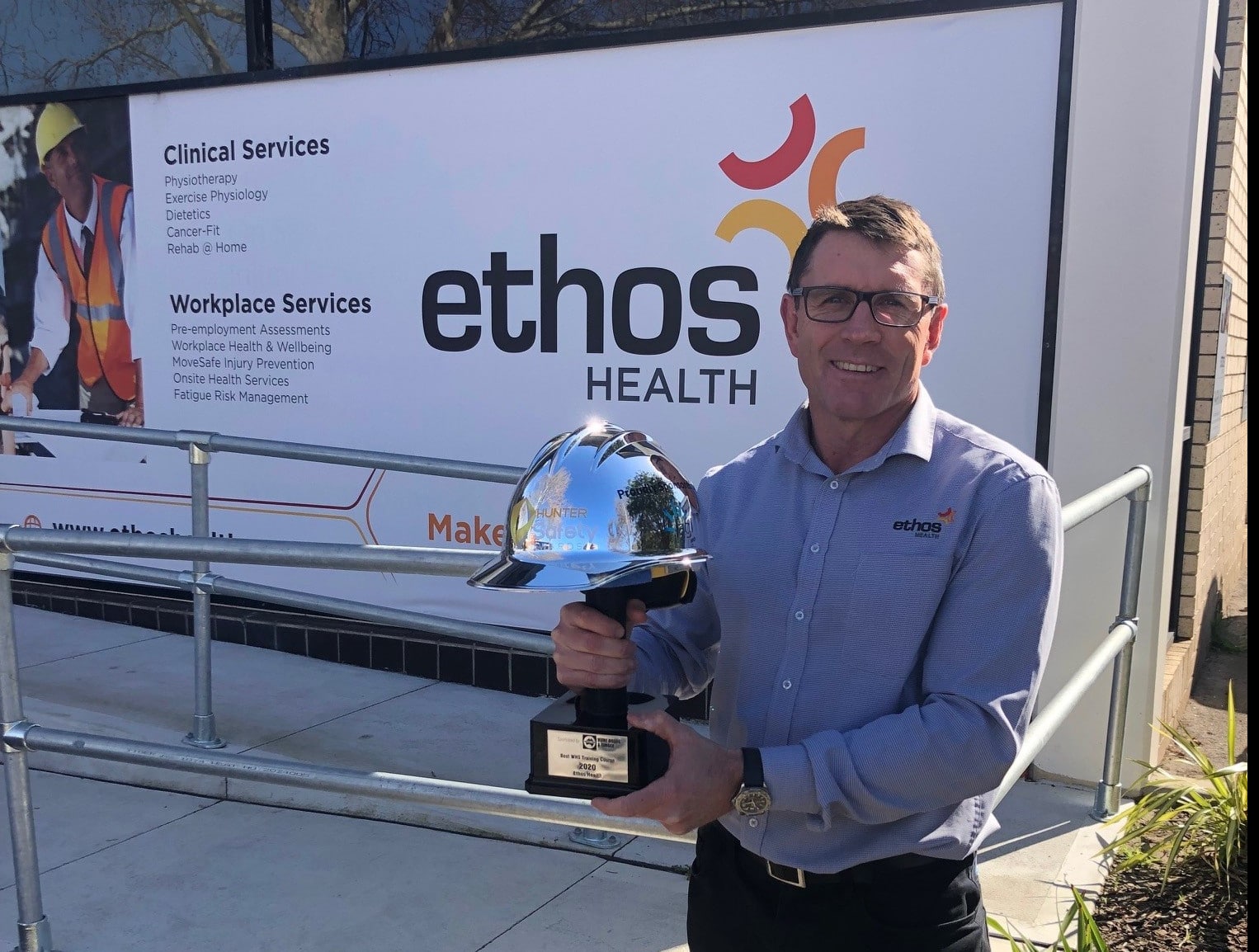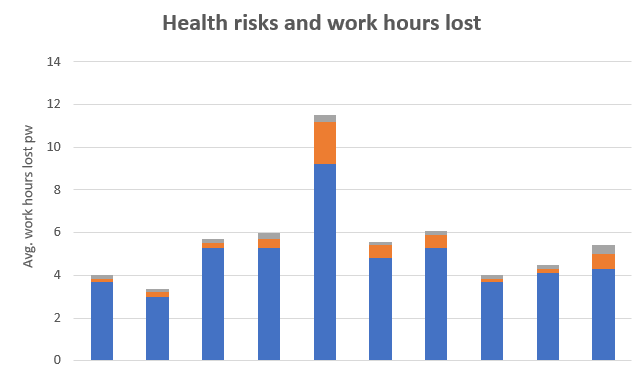Human behaviours increasing the risk of musculoskeletal injuries

Human beings are creatures of habit. Most activities we perform during our working days are undertaken subconsciously or out of habit on ‘auto-pilot’. “Figuratively speaking, it could be 99%; we probably will never know precisely how much is outside awareness.” (1)
During our experience of working with workplaces and people in the community we see many injuries that are attributed to manual handling tasks occur whilst performing otherwise innocuous tasks e.g. picking up a pen off the floor, or reaching to lift a small box off a shelf.
For heavy tasks or activities that we perceive to be dangerous, we think and act more consciously and therefore generally move more safely. For repetitive tasks or tasks we perceive to not be dangerous or with little potential to hurt us, we generally perform with less care. Once these forces are repeated often enough, our soft tissues (e.g. shoulder rotator cuff, elbow tendons, and muscles or discs in the lower back) can start to be overloaded and potentially lead to failure, that is to say an INJURY.
Of course, workplaces need to eliminate risk wherever possible, and as mentioned in the WHS Act (2011) workplaces must ensure as so far reasonably practicable, the minimisation of hazardous manual tasks. But in any workplace, the tasks that remain that are perceived to be non hazardous can still bring workers ‘undone’.
Learn more: How important is getting manual handling right?
Taking care with even the simplest of tasks is important and to achieve that, addressing human habits may be the key!!
Engaging people to take care through specialised manual handling training is one reasonably practical way of managing your injury risk. Enabling your workers to follow clear manual handling principles can support those who are currently not taking care. Click the link below to find out how Ethos Health can develop practical task specific manual handling training.
Learn more: Manual Handling Training
References
- Dr. Emmanuel Donchin, director of the Laboratory for Cognitive Psychophysiology
at the University of Illinois).






